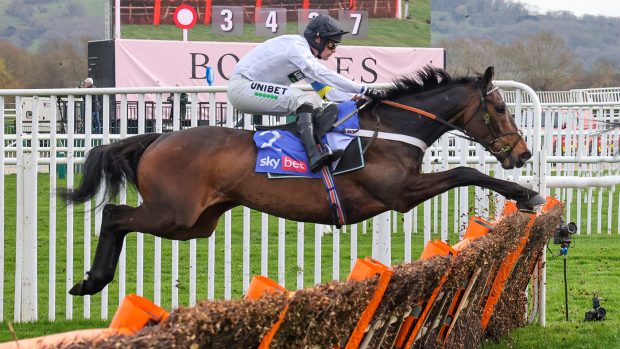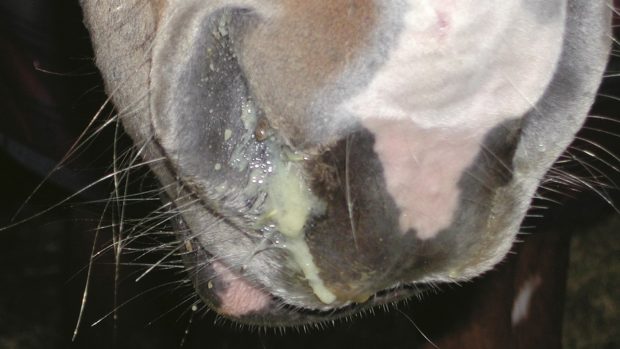David Gray may have only been riding western for around three years, but he has already been selected for the British team at the European Championships later this year.
He is also sought after as a trainer of western horses, and specialises in helping problem horses and nervous riders, irrespective of breed or discipline.
David began riding as a child on unbroken ponies and without a saddle.
“My parents were into driving and they wouldn’t buy me a saddle so I used to ride bareback all the time. The ponies I had were all unbroken and I just used to hurtle about having fun.”
During his teenage years, David drifted out of horses only to have his enthusiasm reignited when his wife, Catherine, started riding years later.
“I was competing in affiliated show jumping with a TB-cross mare called Miss Bonnie when I had my first western riding lesson. Everything I heard during my lesson made sense and it all started to fall into place. I knew this was what I wanted to do.”
David’s first quarterhorse, a ten-year-old named Adhor Timebomb, was aptly named.
“When I bought Ticker he was described as schooled, but when I took him to our first show he just blew up, everything went to pieces and I couldn’t even take him in the ring. I knew we had to go right back to basics.
“At that stage I turned to Bob Mayhew for help. I travelled to Bob’s yard for two or three days of intensive training most weeks for around a year. I learnt so much from Bob and now I enjoy passing on my knowledge to help other people deal with their problem horses.
Western myths
David is very keen to dispel the myths which currently surround the sport, claiming that western riding can offer something of value to riders of all ages and abilities.
“Few people realise just how similar the theories behind English and Western riding are. Riders who are competing in English disciplines such as dressage, show jumping and eventing can all benefit from western techniques.
“Other misconceptions about western riding include the assumption that you have to own a quarter horse and that it cannot be done in English tack. This is not true. You can teach any horse the basic western principles of flexion, bend and control while riding western in a general purpose saddle and a plain snaffle bridle.
At the moment David is preparing his own quarter horse, a three-year-old bay mare called Cruisins New Dawning, for competitionslater in the year.
“Deli is coming along nicely, having been under saddle now for around nine weeks. She will be aimed at trail, pleasure and reining futurities classes [classes for three and four-year-olds] later in the year.”
Davidis holding a clinic at Crookham Western Performance Horses, in Frome, Somerset on 29 July. Tickets cost £40 if you wish to take part with your horse or £10 for spectators including a barbecue and soft drinks.
For more details contact (tel: 01373 452930 or 07714 899324)




